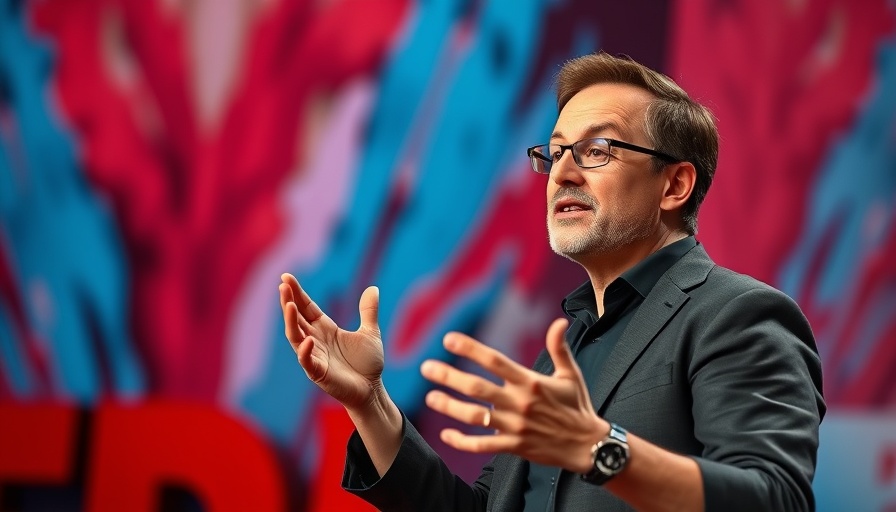
The Informal Economy: A Backbone of Growth
In a world where conventional paths to success often overshadow alternative routes, Anuj Tanna's TED talk, "A Traditional Job Isn’t the Only Path to Success," delves into the transformative power of the informal economy in Sub-Saharan Africa. Each month, over a million young people enter this labor market, yet less than a quarter secure formal employment. Rather than viewing this as a crisis, Tanna encourages a shift in perspective—seeing the informal economy not as a problem but as a thriving ecosystem fueling local economies.
The video 'A Traditional Job Isn’t the Only Path to Success' explores the benefits of redefining success, emphasizing the informal economy.
Redefining Identity: From Jobless to Entrepreneur
For many, success is traditionally tied to formal employment. However, Tanna emphasizes that young entrepreneurs are challenging this narrative by redefining their identities. One compelling case is Brian, who transitioned from an uncertain teaching career to managing three businesses after recognizing his entrepreneurial potential. The transformative power of self-identification drove him, and similarly, 78% of the MESH members reported starting or enhancing their ventures after engaging with the platform. This shift brings forth a crucial realization: changing how individuals perceive themselves can directly impact their economic prospects.
The Jungle Gym of Opportunities: Learning in the Informal Sector
Contrary to traditional educational pathways that often resemble a linear ladder, success within the informal economy resembles navigating a jungle gym. Tanna introduces us to Caroline, who pivoted from a clothing business to hairdressing, reflecting how adaptability and immediate, practical learning can yield better results. MESH members often share skills organically, enhancing business practices through real-world interactions rather than structured courses. This accelerates growth and nurtures a thriving community of entrepreneurs.
The Importance of Trust: Building Connections in the Informal Economy
Trust emerges as a critical component in the informal sector, where traditional safeguards like contracts are lacking. Tanna discusses Alfine, a photographer thwarted by stolen equipment, illustrating the risks entrepreneurs face. In the absence of formal protections, micro-entrepreneurs cultivate trust through social interactions and shared experiences. MESH’s approach to fostering community trust—like valuing contributions over credentials—demonstrates how networks can create safe spaces for business transactions and collaborations.
The Path Forward: Empowering the Informal Economy
What Tanna ultimately advocates for is simple yet groundbreaking: rather than trying to eradicate or formalize the informal economy, efforts should focus on energizing it. With solutions that cater to this dynamic sector, a more sustainable future is achievable. The insights from MESH illustrate that fostering a confident, reliable network of micro-entrepreneurs can reshape economic landscapes, helping not only individuals but entire communities thrive.
The discussion introduced by Tanna in "A Traditional Job Isn’t the Only Path to Success" prompts us to rethink economic success and add depth to how we can support the growing informal economy worldwide.
 Add Row
Add Row  Add
Add 




Write A Comment